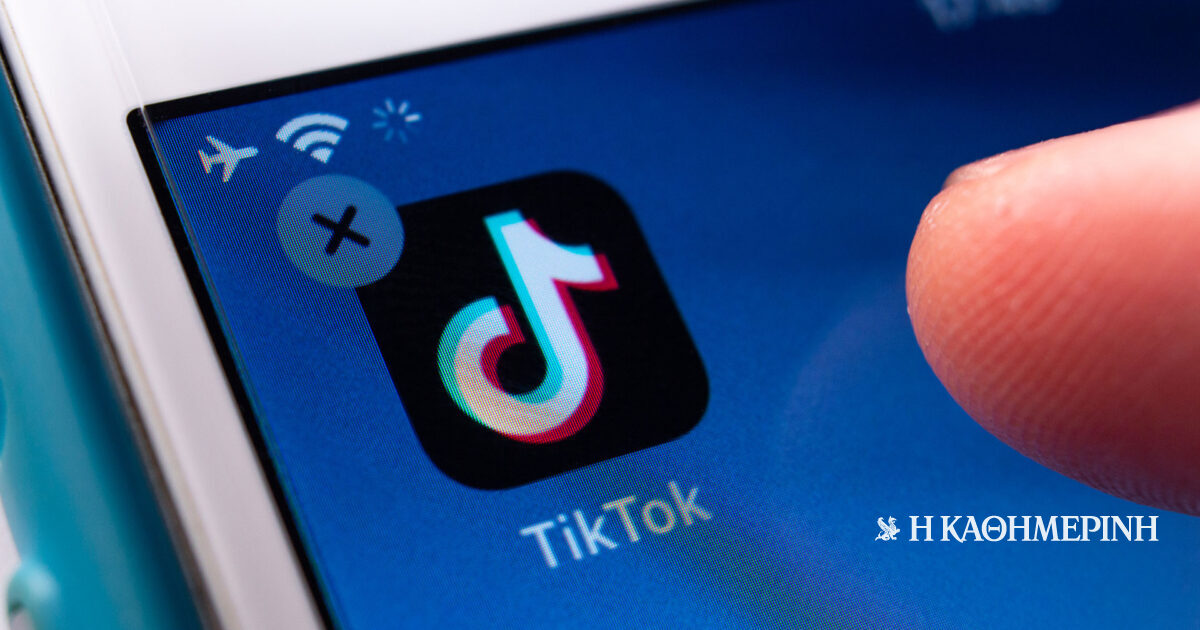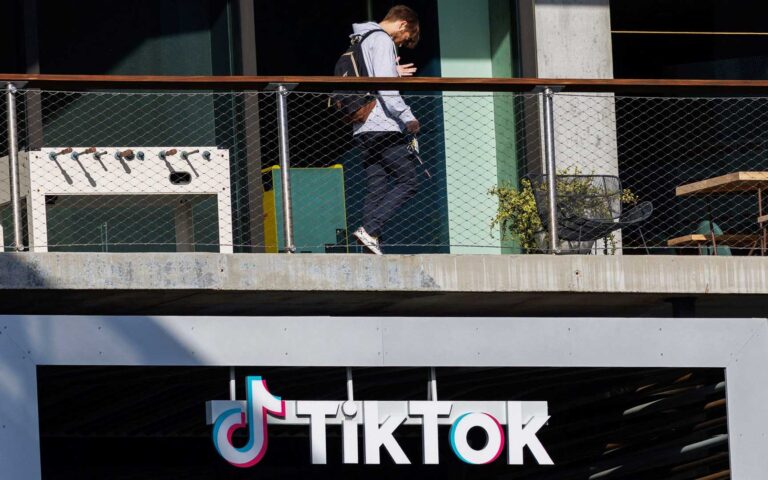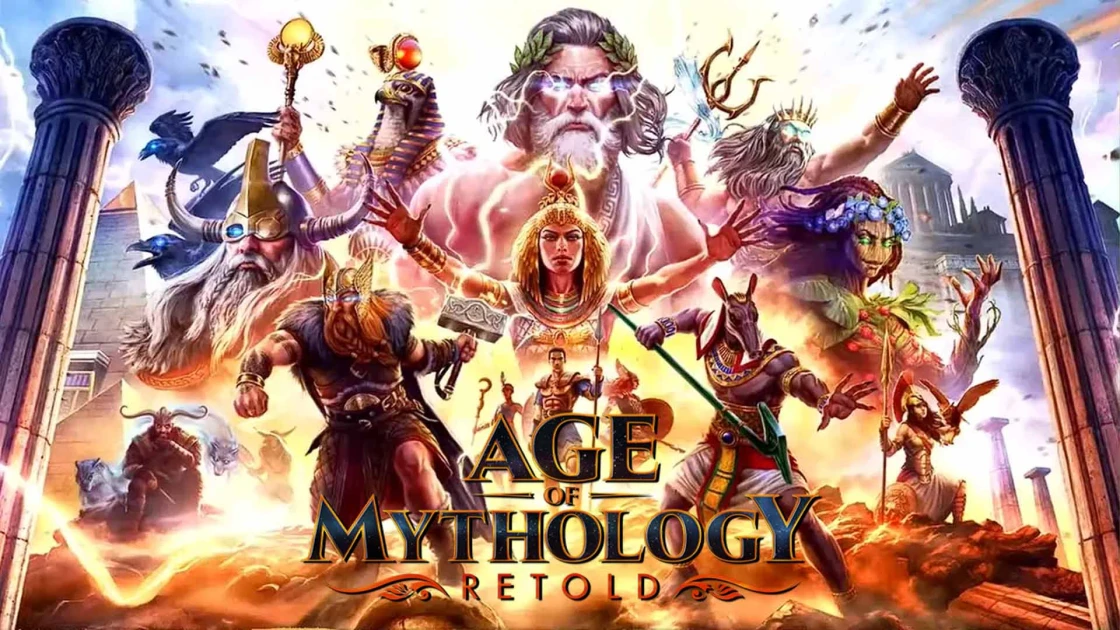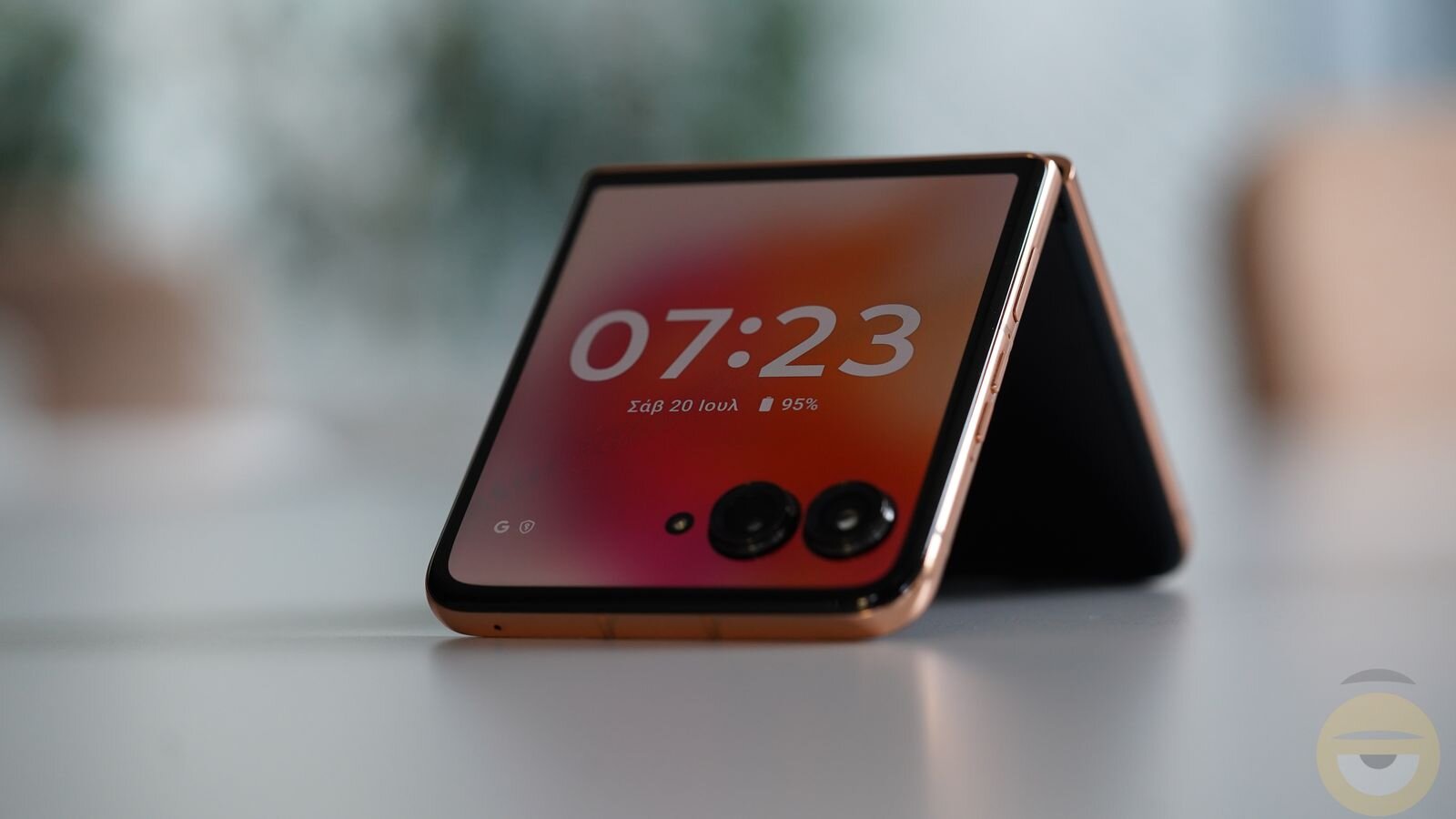
Four years ago, India was TikTok's largest market. The app had a user base of 200 million and provided literally life-changing opportunities for some content creators and influencers.
TikTok's rise seemed unstoppable, until border tensions between India and China led to violent and deadly incidents.
After the deadly border incidents, the Indian government banned the app on June 29, 2020. Almost overnight, TikTok disappeared. But TikTok accounts and videos in India are still published “frozen in time”, at a time when the application emerged as a giant channel.
In some ways, this image could provide a preview of what may be on the horizon in the United States. On April 24, President Joe Biden signed a bill that could finally ban TikTok from the United States, marking a new chapter after years of threats and failed legislation.
The law requires the company that owns TikTok, Bytedance, to sell its stake in the application within the next nine months, with an additional three-month grace period, or face the possibility of being banned in the country. For its part, Bytedance says it has no intention of selling the social media platform, and says it will take legal action.
Banning such a popular social media app would be an unprecedented moment in American tech history, though the looming legal battle makes TikTok's fate uncertain for now. However, the example of India shows what can happen when a large country “deletes” TikTok from its citizens’ smartphones.
India isn't the only country to take this step — in November 2023, Nepal also announced its decision to ban TikTok, and Pakistan has implemented a series of temporary bans since 2020. As its app's 150 million US users move from video to video, the ban TikTok in India “shows that users adapt quickly, but also that when TikTok disappears, much of its culture is lost with it,” the BBC commented in its analysis.
Sukarita Tyagi, a Mumbai-based film critic, amassed 11,000 followers on her account when TikTok crashed, and some of her videos have received millions of views.
“TikTok was booming,” says Tyagi. “People were getting together across the country, dancing, doing skits, and writing about how they ran their families in their small town.” “Suddenly countless people were enjoying this calling that they had always rejected, but now it was possible.”
The app became a phenomenon because of the ways in which its algorithm opened up opportunities for Indian users in rural areas where they were able to find an audience and even achieve celebrity status that was not possible on other apps.
“For the first time, I have democratized reaction to content,” says Prasandhu Roy, an author and technology analyst based in New Delhi. “We started seeing a lot of these rural people who are very low on the socio-economic level, who would never dare to dream of getting followers or making money from it. The TikTok recommendations page took it to users who wanted to see such content. “There was nothing like it in terms of video distribution.”

TikTok has similar “cultural” importance in the United States, where niche communities and countless small businesses and creators secure their income through the app. This is a model of success that is less common on other social media platforms.
Instagram, for example, promotes content from accounts with larger followers, while TikTok focuses more on encouraging regular users to post.
When TikTok was shut down in India, the government also banned 58 Chinese apps, including some that are now rising in popularity in the US, like clothing and accessories shopping app Shein. Over the years, India has banned more than a hundred Chinese apps, though negotiations recently made an Indian version of Shein available.
The same thing could happen in the United States. The new law will set a “precedent” It creates a mechanism for the US government to get rid of other Chinese apps as well. The privacy and national security concerns expressed by politicians about TikTok could apply to many other companies as well.
Competitors
When one popular app is removed, others try to fill the void. “Once TikTok was banned, it opened up a multi-billion-dollar opportunity,” says Nikhil Bawa, an Indian technology strategist and founder of the news site MediaNama. “Many Indian startups have tried to fill the void.”
For months, the Indian media has been full of news about new Indian social media companies like Chingari, Moj, and MX Taka Tak. Some have been initially successful, attracting former TikTok stars to their platforms and garnering investment and even government support. India's social networking market has splintered as new apps vie for dominance, but this race after TikTok was short-lived.
In August 2020, Instagram launched a short video subreddit, Reels, just a few months after TikTok was banned. YouTube followed a month later with Shorts, its own TikTok copycat feature. Instagram and YouTube were already established in India and the field of new startups was not so lucky.
“There was a lot of hype about alternatives to TikTok, but most of it died down in the long run,” says Prateek Wagher, executive director of the Internet Freedom Foundation, an Indian advocacy group. “In the end, Instagram was probably the one that benefited the most.”
Many of the most popular Indian TikTok creators and their followers have moved relatively quickly to Meta and Google apps, and many have achieved similar success.
For example, Jeet, an Indian social media influencer who uses only her first name, became popular on TikTok by teaching “American English” and offering life advice and speeches. He had 10 million followers on three accounts by the time TikTok was banned.
In a 2020 interview with the BBC, Jett shared her concerns about the future of her career. But four years later, he has amassed nearly five million followers on Instagram and YouTube.
However, users and experts told the BBC that “something was lost” in the transition from TikTok. Instagram and YouTube may have gotten some of TikTok's traffic, but the apps never recreated the feeling that TikTok gave its users.
For content creators, TikTok has provided a very diverse audience base, Bawa says. “Farmers, builders and small-town people were uploading videos to TikTok. You don't see that a lot on YouTube Shorts and Instagram Reels. TikTok's recommendation engine was very different.”
What will happen in the United States?
If TikTok is banned in the US, the US social media landscape may follow a similar path to the one that happened in India. Four years after the ban, Instagram and YouTube have proven to be the go-to sites for short videos. Even LinkedIn is experimenting with a TikTok-like subpage.
The app's competitors didn't have to recreate TikTok's culture to succeed. However, it is possible that virality will disappear from the province as well as more niche videos to some extent, just as it happened in India.
The BBC estimates that “the cultural influence in the United States will be far more significant.” Nearly a third of Americans ages 18 to 29 get their news through TikTok, according to the Pew Research Center.
The number of TikTok users in the US was lower than India's 200 million at the app's peak, but India is home to 1.4 billion people. TikTok has an estimated 170 million users in the United States, more than half the country's population.[ωςέχει170εκατομμύριαχρήστεςστιςΗΠΑπερισσότερουςαπότομισόπληθυσμότηςχώρας[ωςέχει170εκατομμύριαχρήστεςστιςΗΠΑπερισσότερουςαπότομισόπληθυσμότηςχώρας
“When India banned TikTok, the app was not as big as it is now,” notes Tyagi. “It has turned into a cultural revolution in recent years. I think banning it now in America would have a much greater impact.”
What's really different is the TikTok reaction. The company announced that it will fight a legal battle that could reach the US Supreme Court. TikTok could have reacted the same way in India, but it chose not to.
“Chinese companies have good reasons to be reluctant to approach Indian courts against the Indian government,” says Roy. “I don't think they'll find them very friendly,” says Roy.
After all, India's ban was immediate – it went into effect within weeks. TikTok's impending legal battle in the US could see the law “stand up” for years without the certainty of it “standing up” in court.
There is also a much greater possibility that a TikTok ban in the US could spark a trade war. “I think there is a clear possibility of reciprocal retaliation against China,” Bawa says. China condemned India's ban on TikTok, but there was no overt retaliation. The United States may not seem so “lucky.”
Source: BBC

“Hipster-friendly coffee fanatic. Subtly charming bacon advocate. Friend of animals everywhere.”





More Stories
He is the “Hitler of our time.”
Woke Agenda: Infuriates Elon Musk, Burns Politicians, Targets the Secret Service
Panic after steam explosion in Yellowstone Park